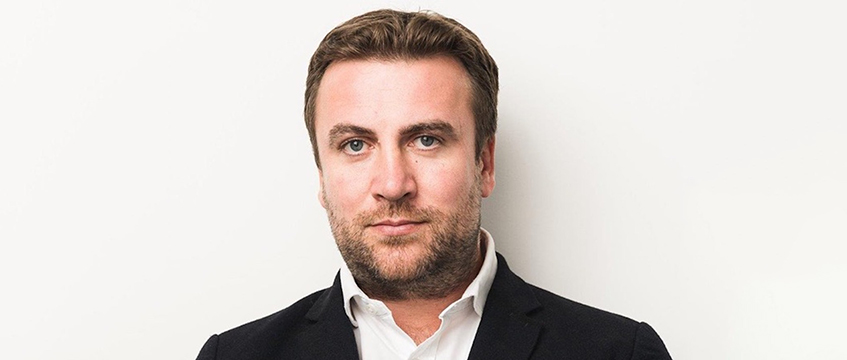Q&A: Where will agile workplaces ultimately lead us?
Neil Usher, former workplace director, Sky; executive consultant, Unispace
The growth of agile workplaces around the world could lead us to one of three outcomes.
The first is that it becomes the inevitable future for everyone – the ultimate reconciliation of sterile corridors of private offices being serried rows of soulless and degrading open-plan desks.
Neil Usher, former workplace director, Sky; executive consultant, Unispace
The growth of agile workplaces around the world could lead us to one of three outcomes.
The first is that it becomes the inevitable future for everyone – the ultimate reconciliation of sterile corridors of private offices being serried rows of soulless and degrading open-plan desks.
Option two is that it is nothing more than a passing phase with which we soon dispense, and option three is that it could challenge our natural tendency to territoriality, proving it to be ultimately unworkable.
The most interesting and likely of the three as it presently stands is the last.
I would argue there is a decent chance that we have simply reached the end of road when it comes to this trend and would go so far as to say that there are no more original workplace approaches available.
We have thought through and provided them all. We’re done. You now just get to pick the best bits of each for your own smorgasbord, and you can call it what you like. That’s not a bad thing, it’s just a thing.
Daniel Bell’s The End of Ideology, published in 1960, suggested that the high-minded and pure ideologies of the 19th century had run their course, and that from here we would be guided by practicality and governed by technocrats.
While the thesis has oscillated between a product of its age and a pervading reality, the aspect relating to technocrats creates an interesting thought for us in property: that actually, the form of the workplace and the workstyle we choose will all be determined by the prevailing technology of the time and those who manage it.
The workplace sector has been toying with the idea that human resources might provide a refreshing alternative sponsor to the exhausted leaders of corporate real estate.
This is refreshing only because, in the main, HR has not yet trodden through property’s unique embodiment of quicksand.
By that I mean its multiple competing interests, sudden and unexplained changes of direction and arbitrary access to capital, all the while operating under the expectation of the creation of something amazing, guiding a seamless adaptation to the new environment.
It may be the pragmatic technocrats who will ultimately run the show. There will still be an essential role for creativity and we will continue to aspire to the aesthetic.
But workspace will simply be workspace, designed to suit and enable the organisation, and not in service of a grand abstract idea.
We will talk about the days of traditional, social-democratic, flexible, agile, activity-based space and wonder why we fretted so much over ideology. We will skip attempts to create something new out of what is essentially the same.
Facing the end of ideology is not a closure or a completion – it is an open-ended opportunity.
We can forget the coffee-fuelled, cold-towel sessions where we try to dream up new conceptual backdrops for our creations, and just get on with creating. And that has to be beneficial for everyone.
Click here to read all of EG’s global content.











